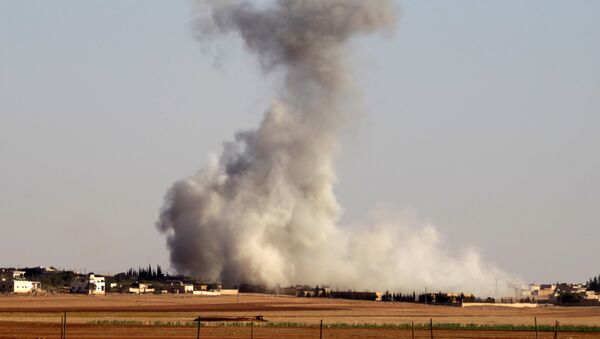"I am convinced that Syria would not be in this nightmare if not for activities of Saudi Arabia and several other monarchies," he said. "Mercenaries who have flooded Syria and have been fighting under the banners of radical groups have primarily received financial assistance from Saudi Arabia and Qatar."
Earlier this week, WikiLeaks founder Julian Assange told RT that an email sent by Hillary Clinton to her campaign manager John Podesta in early 2014 confirmed that Saudi and Qatari governments provided "clandestine financial and logistic support" to Daesh in particular and other radical Sunni groups.
Experts have questioned Ozerov's optimistic assessment, saying that there are major points of contention between the two countries with regard to Syria.
"Areas of common interest between Russia and Saudi Arabia are not obvious," Medvedko said. "In this context, federalization, which amounts to the breakup of the country … will have no positive implications. It could only spark new conflicts."
Grigory Lukyanov of the Moscow-based Higher School of Economics maintained that both Russia and Saudi Arabia are against dividing Syria into several independent or autonomous parts, but noted that Riyadh could change its stance if armed opposition groups retain their power.
"In this case, Riyadh could well support opposition's call for federalization," he said. For their part, "Moscow, Ankara and Tehran view federalization projects as unacceptable."




